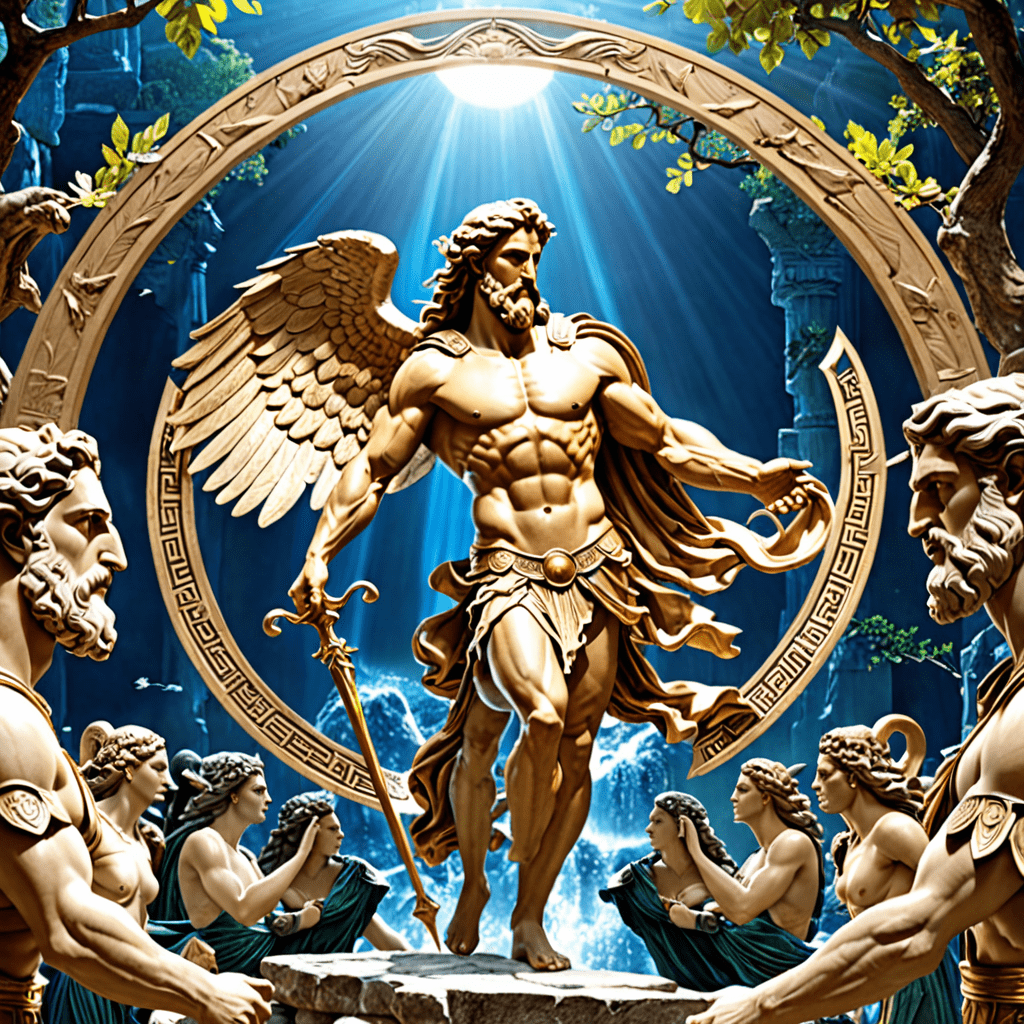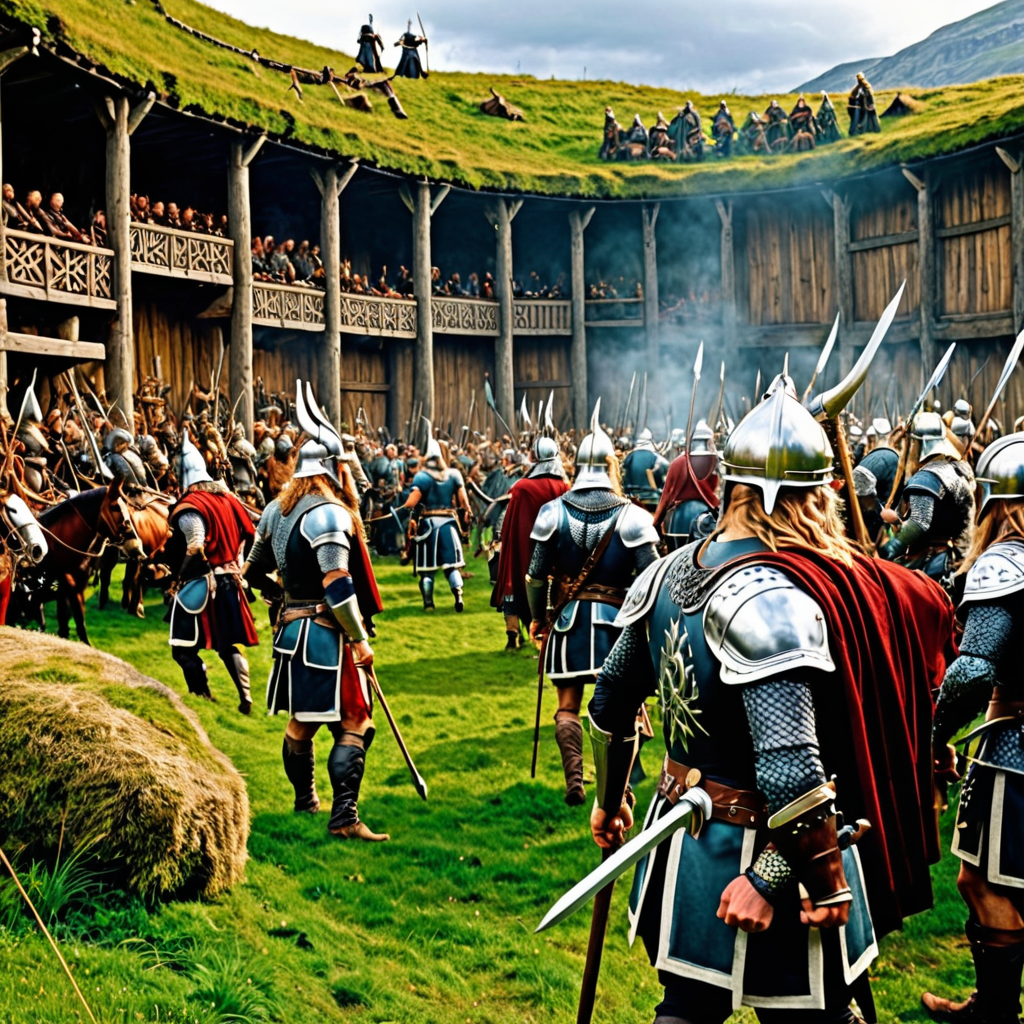The Representation of Nature in Greek Mythology
Introduction to Nature in Greek Mythology
Nature plays a significant role in Greek mythology, with each aspect of the natural world often personified or deified by the ancient Greeks. From the gods and goddesses presiding over different elements of nature to the symbolic representations found in myths, Greek mythology offers a rich tapestry of stories that provide insights into how the ancient Greeks viewed the natural world.
Personification of Nature in Greek Mythology
In Greek mythology, nature is often personified in the form of gods and goddesses who are associated with specific aspects of the natural world. For example, Gaia, the Earth Goddess, represents the concept of the Earth itself, while Poseidon, the God of the Sea, embodies the power and majesty of the oceans. These deities not only personified nature but also influenced human life and behavior, reflecting the interconnectedness between the natural world and humanity in Greek belief systems.
Symbols of Nature in Greek Mythology
Beyond the deities themselves, Greek mythology is rich in symbols that represent different elements of nature. For instance, the olive tree symbolizes peace and abundance, attributed to the goddess Athena. The myth of Persephone and the changing seasons encapsulates the cycle of life, death, and rebirth as reflected in nature through the changing of the seasons. These symbols serve as metaphors for the complexities and wonders of the natural world, offering moral and philosophical lessons to those who contemplate their meanings.
The Influence of Nature on Greek Mythology and Culture
The representation of nature in Greek mythology not only provided explanations for natural phenomena but also influenced various aspects of Greek culture. The reverence for nature found in myths shaped religious practices, artistic expressions, and even governance in ancient Greece. The belief in the power and significance of nature permeated all aspects of Greek society, emphasizing the harmony and balance that existed between humans and the natural world.
In conclusion, the representation of nature in Greek mythology offers a unique perspective on the interconnectedness between the natural world and human existence. By personifying and symbolizing nature, the ancient Greeks articulated their understanding of the world around them, infusing it with divine significance and meaning. The rich tapestry of myths and symbols surrounding nature in Greek mythology continues to captivate minds and inspire wonder, reminding us of the enduring power of the natural world in shaping human beliefs and culture.

FAQ about The Representation of Nature in Greek Mythology
What is the significance of nature in Greek mythology?
Nature in Greek mythology often symbolizes the primal forces and elements that shape the world. It is personified in deities such as Gaia (Earth) and Uranus (Sky), portraying the interconnectedness and power of the natural world.
How are natural phenomena explained in Greek mythology?
Greek mythology uses gods and goddesses to explain natural phenomena. For instance, Poseidon is associated with the sea, Zeus with thunder and lightning, and Demeter with agriculture, providing mythological origins for these aspects of nature.
What role do animals play in Greek myths related to nature?
Animals in Greek mythology are often symbolic and hold significant roles. For example, the eagle represents Zeus, the owl symbolizes wisdom, and the serpent is associated with healing and renewal, adding layers of meaning to nature-related myths.



